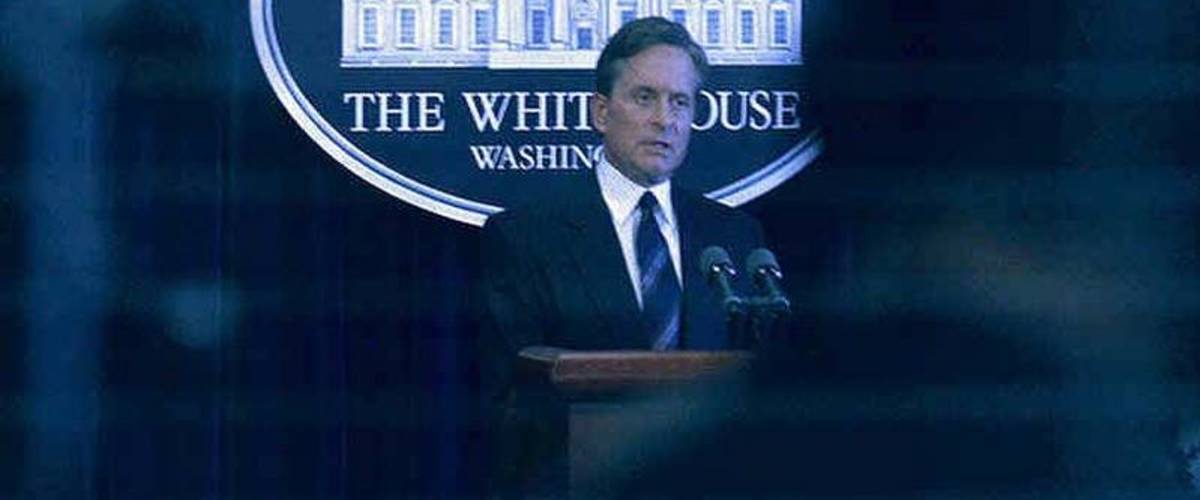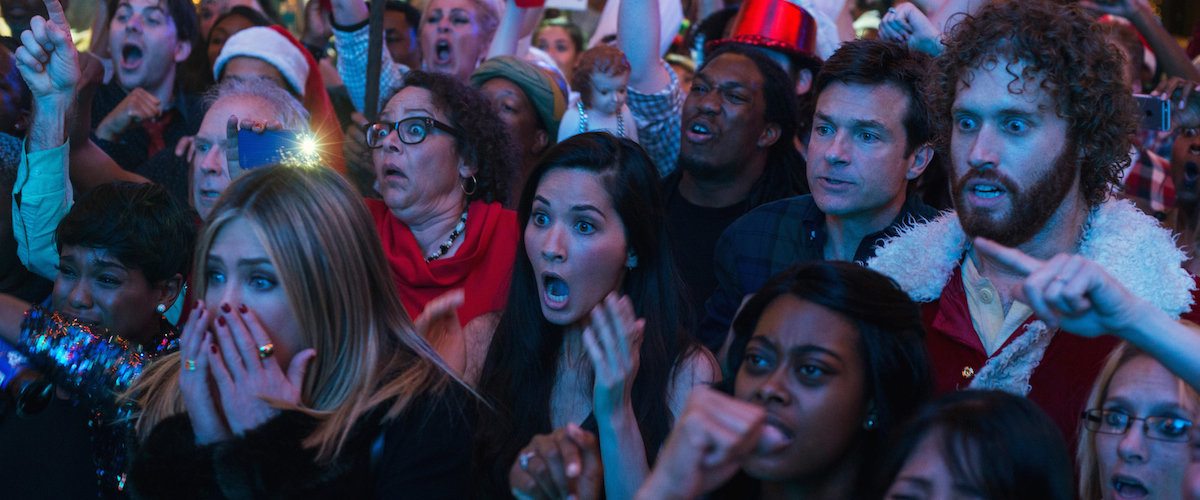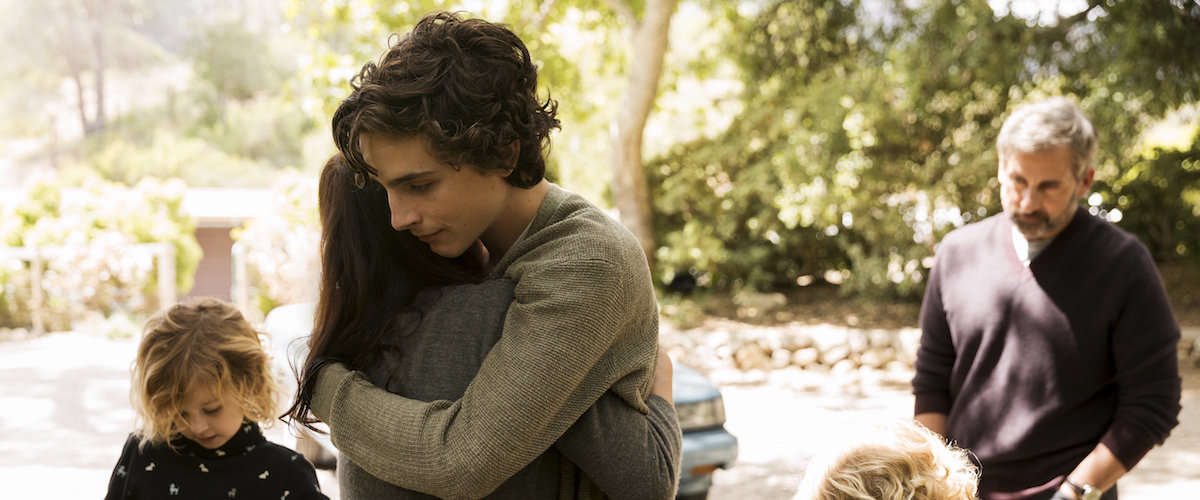
Directed by: Jason Reitman
Starring: Hugh Jackman, Vera Farmiga, J.K. Simmons, Sara Paxton, Alfred Molina, Bill Burr, Kaitlyn Dever, Kevin Pollak, Mamoudou Athie
Gary Hart knew more about politics and policy than he did human nature. When he was the clear leader for the 1988 Democratic presidential nomination, and likely the future President, an alleged affair brought his campaign crashing down in a matter of three weeks. Besides his own moral shortcomings, Hart failed to see the changing world around him. He tried in vain to talk about economic policies when the world only wanted to know about the woman who was seen entering and leaving his Washington townhouse one Saturday night. Was Hart naïve? Arrogant? Out of touch? Possibly all three. Four years later, Bill Clinton sidestepped questions about alleged affairs to win the presidency. Now, we have a sitting chief executive who was elected despite a history of philandering and even being caught on tape bragging about grabbing women's private parts.
The Hart scandal represented a shift towards tabloid journalism. Ben Bradlee (Molina) tells a story of how Lyndon Johnson told the Washington Post that women would be coming in and out of the White House and expects the same "courtesy as Kennedy". In other words, there was an unspoken agreement between the media and the president not to approach certain subjects. The agreement was broken with Hart, because the story was simply too juicy to pass up. The Post did not break the story (the Miami Herald did), but everyone jumped on the bandwagon. Gary Hart could complain all he wants about the Herald reporters camping outside his home and breaking a story he felt was no one's business, but the truth is, he opened that can of worms himself by challenging reporters who ask about his previous marital separation to follow him and proclaiming, "You will be very bored," They picked up the gauntlet thrown down by Hart.
Hugh Jackman plays the photogenic Hart as a man who is much more comfortable discussing politics than himself. When asked about Donna Rice, the woman seen at his apartment, he defensively handles the reporters' questions and further fans the flames. He thinks a brief denial would be enough to quell the story, but it only made the media dig deeper. Soon, Hart's long-suffering wife Lee (Farmiga), who has come to terms with her husband's nature, has reporters camped outside her Colorado home 24/7 and can't escape a matter which is humiliating enough without millions of people watching or reading about it.
The Front Runner's approach to its subject keeps us on the outside of Hart, while bringing us inside on the long hours and damage control expertise needed to handle such a high-profile campaign. Why anyone would want to undergo the scrutiny a president endures is beyond me. Gary Hart was likely thinking the same thing, but someone has to do it. The Front Runner is not as interested in involving us with Hart as it is the turmoil surrounding him. In a way, the movie is an example of its own point: The salacious details are much more compelling than the people involved when the media sinks its teeth into such a story. Gary Hart couldn't find a way to survive it, and it appears he was four years too early. Had he run in 1992, maybe we would be talking about his presidency than a presidency which never happened. We'll never know.










